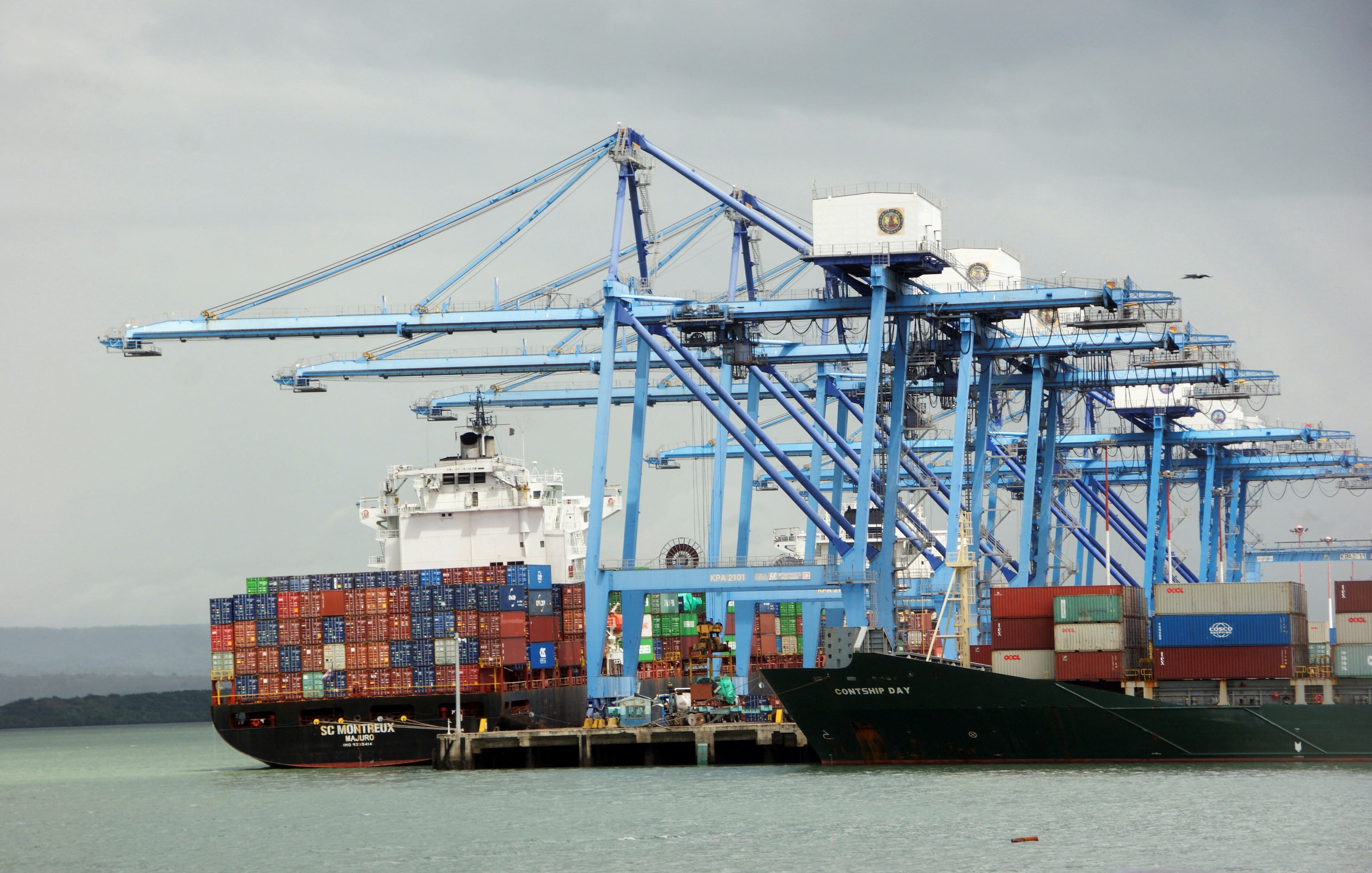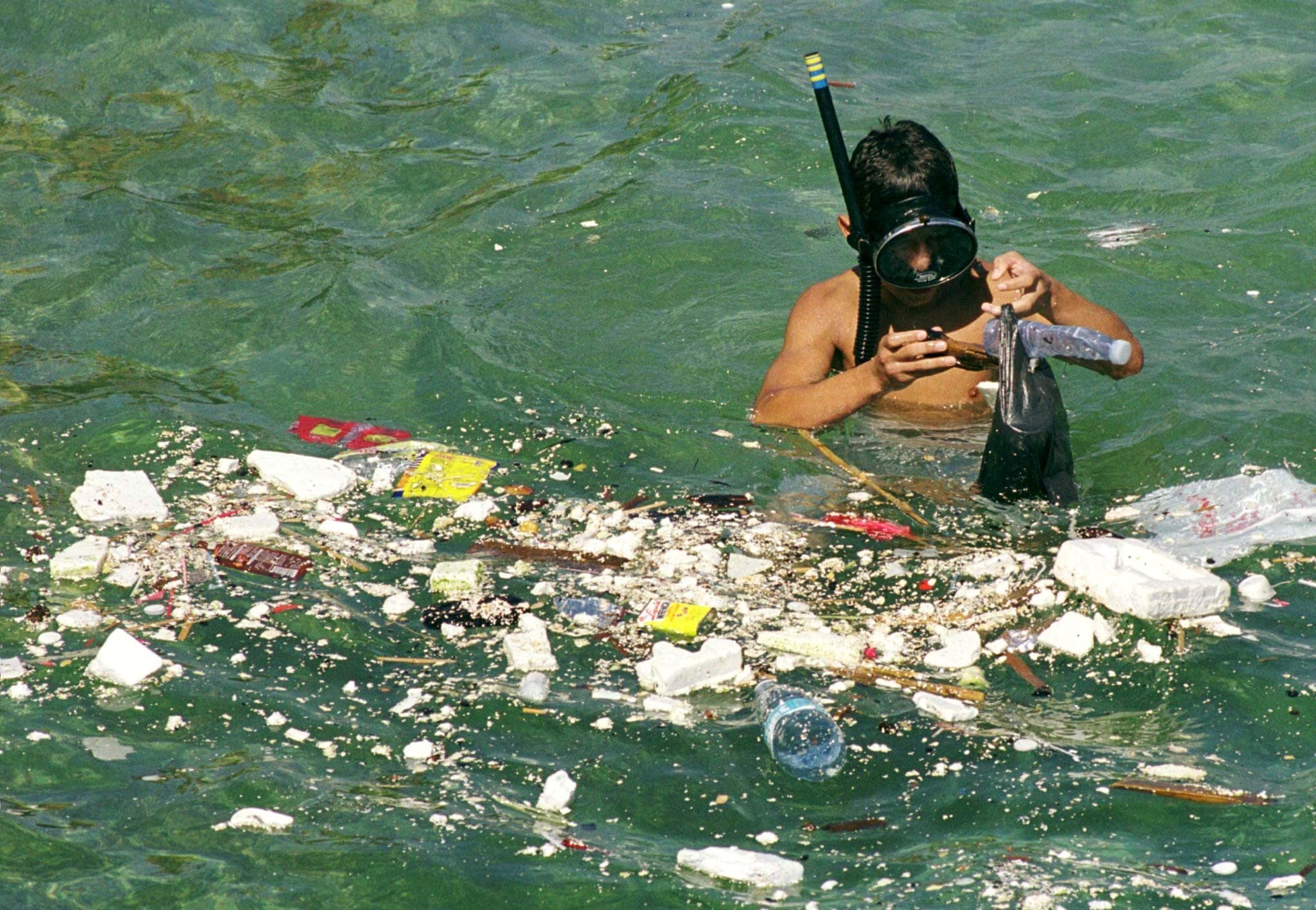Why is the world neglecting these diseases?

Stay up to date:
Future of Global Health and Healthcare
This article is published in collaboration with Project Syndicate.
When Pope Francis visited the United States in September, he delivered historic addresses to the US Congress and the United Nations General Assembly. Building on the sentiments of his encyclical letter, Laudato Si’, Francis highlighted the international community’s responsibility to respond to human suffering, such as that faced by refugees and those living in extreme poverty, and called for global solidarity in order to overcome social exclusion and inequality.
The pope’s entreaties should make us turn our attention to every aspect of human suffering, especially those that affect the most marginalized people. One of these is neglected tropical diseases (NTDs). This group of parasitic and related infections – including lymphatic filariasis (or elephantiasis), intestinal worms, and schistosomiasis – is a scourge of poverty. These illnesses afflict approximately 1.4 billion people per year, including more than 500 million children, causing untold pain and suffering and, through lost productivity, contributing to the cycle of poverty.
Over the past decade, the international community has made important progress against NTDs. For example, the generosity of major pharmaceutical companies, which provide medicines free of charge, has enabled treatment programs to be scaled up.
But, unfortunately, despite encouraging signs of progress, barely 40% of people at risk for these preventable diseases receive the medicine they require. Well over a billion people still do not have access to treatments for potentially debilitating conditions that cost less than $0.50 per person to deliver. This is not only a serious medical issue; it is also a grave moral problem, one that those of us who work with the poor confront every day.
The reason for the international community’s failure to solve this problem is as simple as it is ugly: for the most part, NTDs afflict only the poorest and most overlooked people. As Francis put it in Laudato Si’ “There is little in the way of clear awareness of problems which especially affect the excluded.” Indeed, “they are mentioned in international political and economic discussions, but one often has the impression that their problems are brought up as an afterthought.”
The pope’s historic visit to the US came at an important time. Congress was finalizing spending bills for fiscal year 2016, and the UN was completing its work on the Sustainable Development Goals (SDGs), setting targets that will guide development policy for the next 15 years. Both organizations would do well to heed the pontiff’s words.
It is critical that the US continue its strong leadership on NTDs by maintaining funding for treatment programs in the federal budget, this year and in the years to come. As Francis reminded members of Congress, “How much has been done in these first years of the third millennium to raise people out of extreme poverty! I know that you share my conviction that much more still needs to be done, and that in times of crisis and economic hardship a spirit of global solidarity must not be lost.”
On the international level, we are encouraged that UN members were inspired to assign high priority to the fight against NTDs in the post-2015 development agenda. In particular, a global indicator for NTDs – the “number of people requiring interventions against neglected tropical diseases” – was included in the SDGs’ monitoring framework. This will help to ensure that NTDs are finally given the attention they deserve over the next 15 years.
One of the most basic steps we can take to overcome what Francis calls “the globalization of indifference” is to come together in support of decisive, measurable action against NTDs. Introducing a global metric to mark our progress on the path to controlling and eliminating them for good is a true demonstration of our solidarity with the poor.
In his UN speech, Francis reminded us of a crucial point: “Above and beyond our plans and programs, we are dealing with real men and women who live, struggle and suffer, and are often forced to live in great poverty, deprived of all rights.” If, with all of our technological advances and unprecedented private-sector donations, we cannot change the predicament of the poorest people for mere pennies per person, how can we truly expect to overcome the more challenging, costlier health and development challenges we face?
Publication does not imply endorsement of views by the World Economic Forum.
To keep up with the Agenda subscribe to our weekly newsletter.
Authors: Carolyn Woo is President and CEO of Catholic Relief Services. Michael W. Marine is CEO of the Sabin Vaccine Institute in Washington, DC.
Image: A nurse poses for a photo in a trauma center of the University of Mississippi Medical Center in Jackson, Mississippi October 4, 2013. REUTERS/Jonathan Bachman.
Don't miss any update on this topic
Create a free account and access your personalized content collection with our latest publications and analyses.
License and Republishing
World Economic Forum articles may be republished in accordance with the Creative Commons Attribution-NonCommercial-NoDerivatives 4.0 International Public License, and in accordance with our Terms of Use.
The views expressed in this article are those of the author alone and not the World Economic Forum.
Forum Stories newsletter
Bringing you weekly curated insights and analysis on the global issues that matter.
More on Global CooperationSee all
Michael Spence
August 22, 2025
Nii Simmonds and David Timis
August 18, 2025
Natalie Pierce
August 12, 2025
JJ Enoch
August 6, 2025
Eric Holst
August 4, 2025
Catherine Chevauché
August 4, 2025





